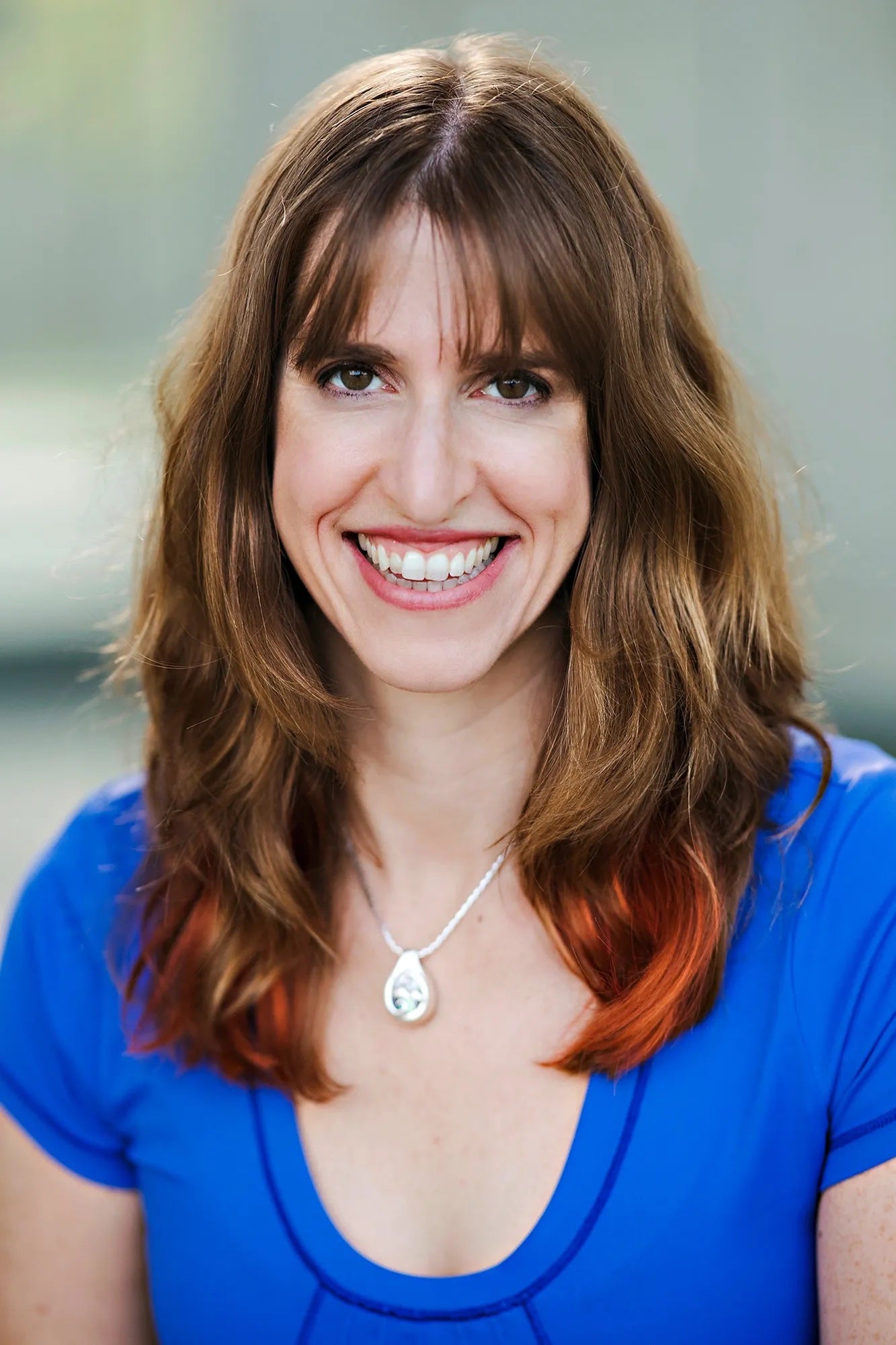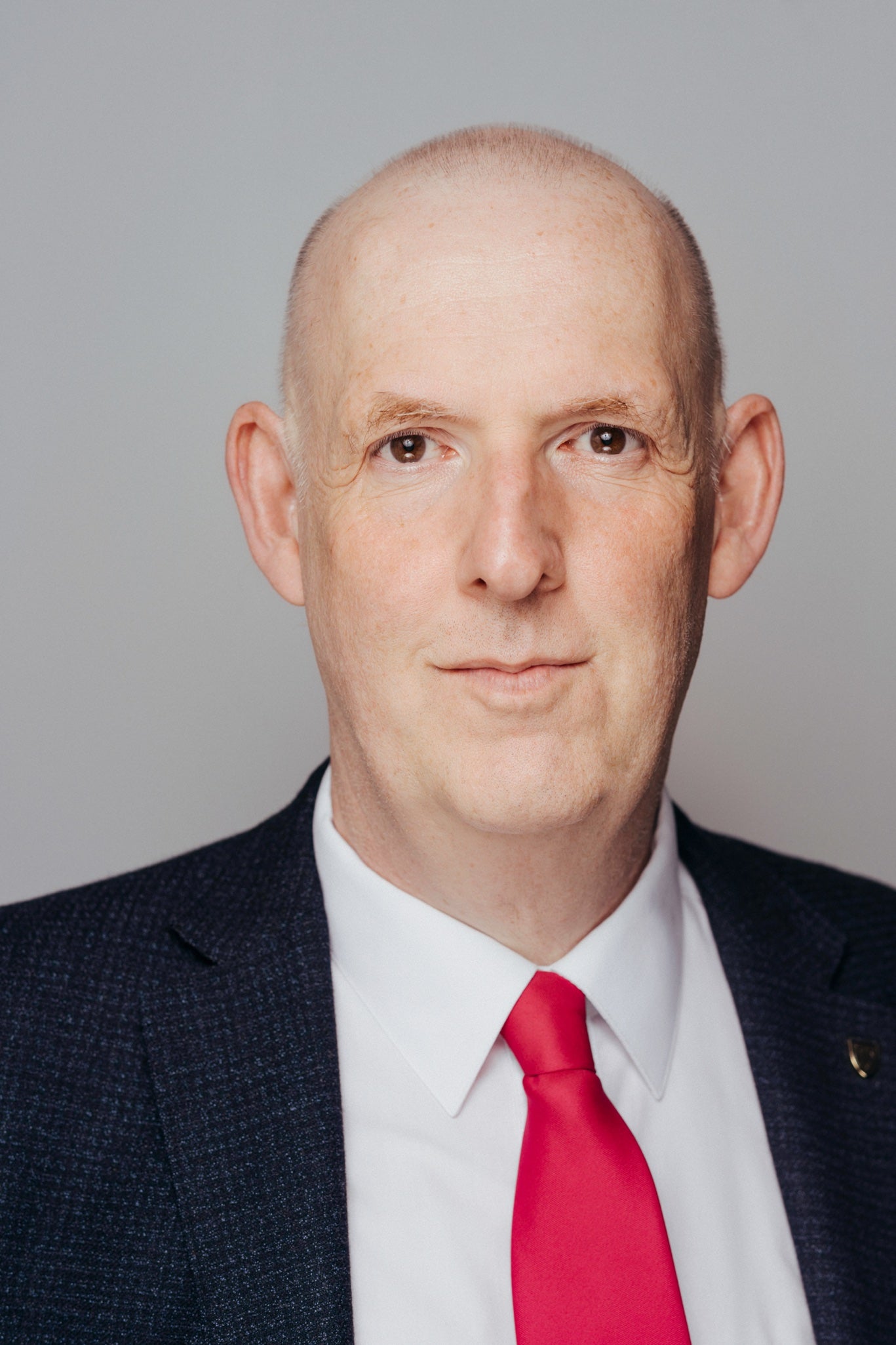
Global Privacy Regulations - GDPR, and CCPA, and PIPEDA, Oh My!
Privacy Regulations are often considered a nuisance, but staying compliant ensures that your company is better protected against breaches and that your individual privacy is secured. Cat will explain the basics behind today's regulations and what you need to know to avoid fines, protect users, and continue to innovate while putting privacy first.
About Cat Coode
Cat is the founder of Binary Tattoo. Binary for the language of all things digital. Tattoo for the permanence of what goes online. Baked by two decades of experience in mobile development and software architecture (BlackBerry), as well as a certification in data privacy law, Cat helps individuals and corporations better understand cybersecurity and data privacy.
She specializes in global privacy regulation compliance and delivering privacy education seminars. She is a member of the Canadian Standards Council for GDPR. She has worked with tech start-ups through to large organizations in a breadth of industries including healthcare, education, and social media.
Cat was named one of Canada's Top 20 Women in Cybersecurity 2021.
Cat leverages her aptitude for teaching and her engineering background, in both her speaking and consulting engagements, to break down technical concepts in ways everyone can understand. Putting privacy at the foundation of everything you do.

Post-pandemic IT in the new university
As the pandemic wanes (and sometimes still waxes) in Canada, the current moment is one of adaptation, re-evaluation, and reconfiguration, as educators, researchers, and administrators make sense of new and emerging hybrid and hi-flex forms of work, teaching, and scholarship. Some of the changes that have carried the university through the pandemic are set to be permanent fixtures, while others call on us to look for better solutions. One thing we should not do is simply revert to past practice – it was far from perfect before and was not aging well in a more connected world. For example, while we have made considerable progress in creating (too many) virtual platforms for courses, we struggle with (re)creating academic programs and the student academic experience. While we have reasonable one-to-one and even one-to-many platforms, none have been able to capture the collaborative, multi-media experience of a small group around a chalkboard. And in a world where unnecessary travel will be discouraged for many reasons, hybrid collaboration tools will be a necessary way forward. This is a long game: we need to plan, build, and invest in physical and IT infrastructure for the coming decades, not next term. Getting this right will require a close collaboration between IT professionals, researchers, instructors, students, and even administrators to make a purposeful and planned investment in our digital future.
About Mark Giesbrecht
Mark Giesbrecht is dean of the Faculty of Mathematics at the University of Waterloo and professor of computer science. He was previously the director of the David R. Cheriton School of Computer Science. His research interests are in the areas of computer algebra, symbolic computation, and computational complexity.
As the senior leader and administrator of the Faculty of Mathematics, Mark’s portfolio includes driving transformational change in teaching, research, and administration. After taking over in 2020, one of the first challenges of his tenure as dean was the pandemic and its impacts on the university. His work has since been significantly focused on adaptation to ever-changing conditions, with creative use of information technology as a key aspect.